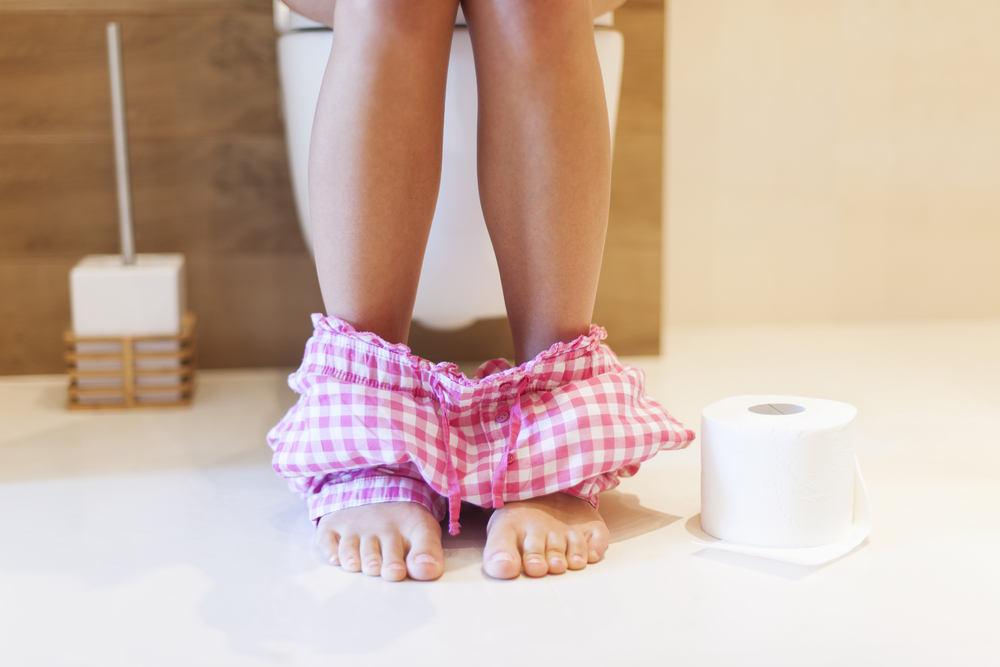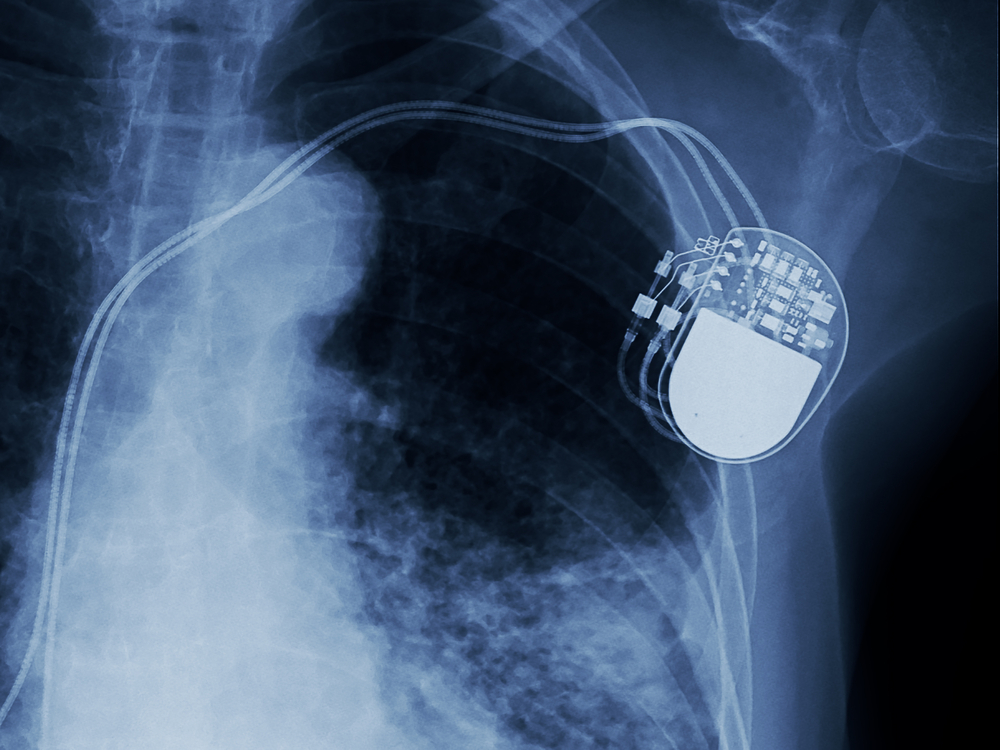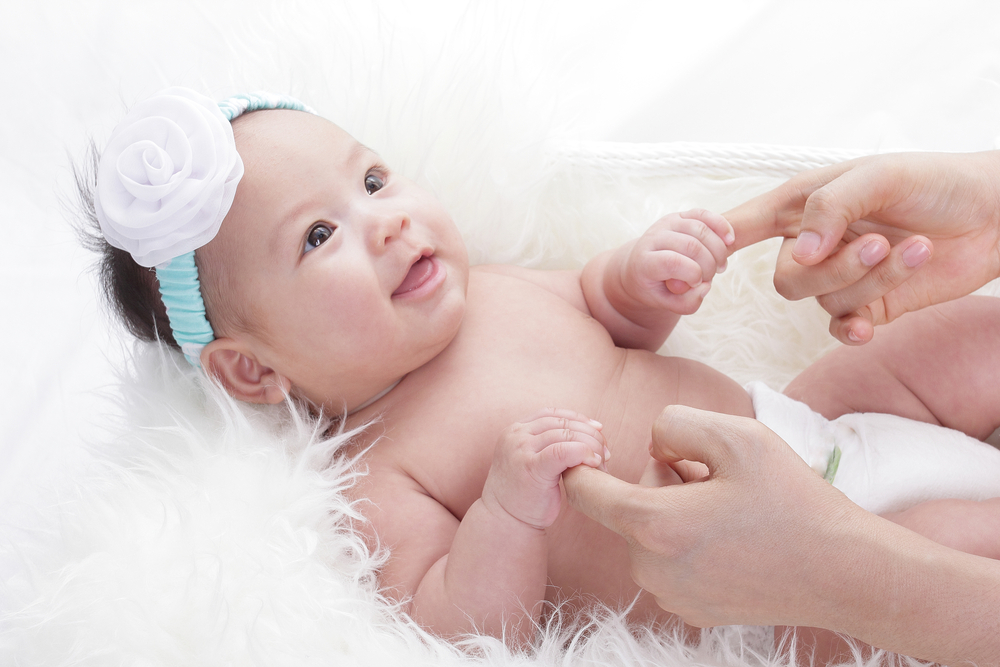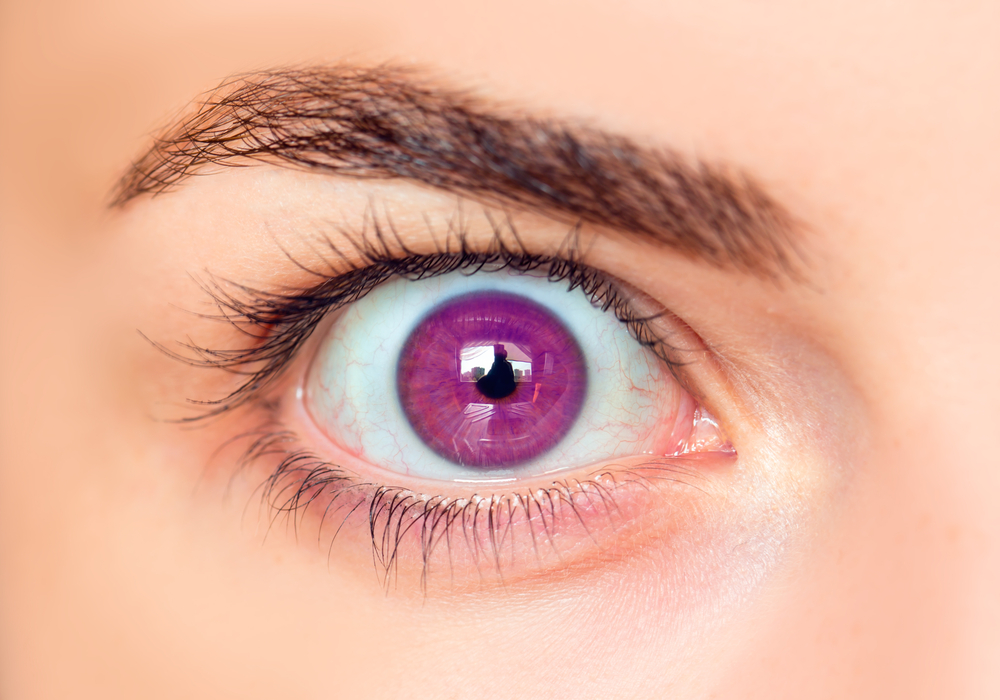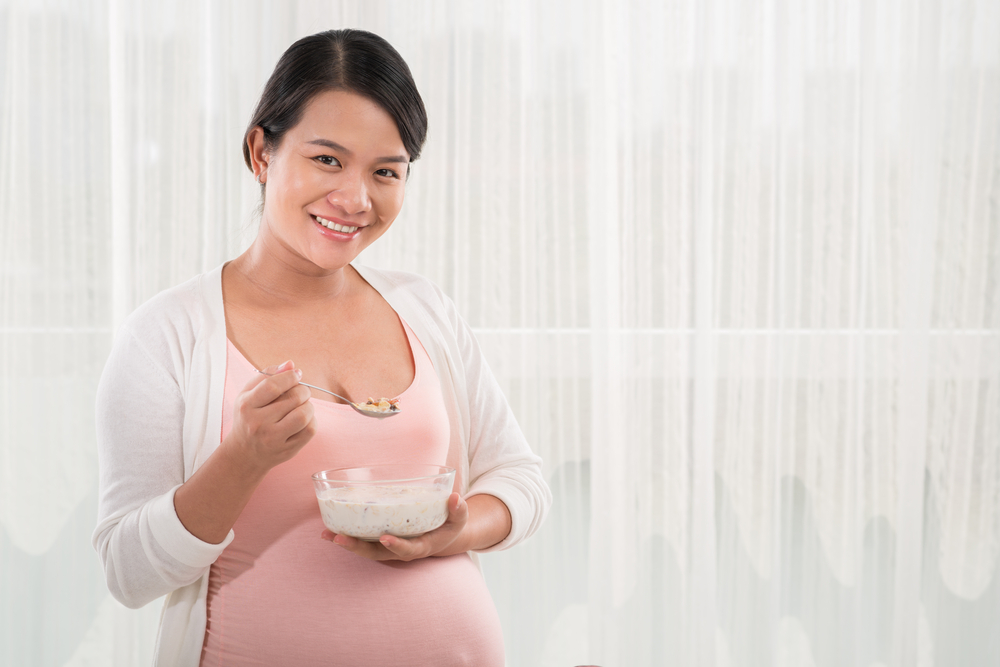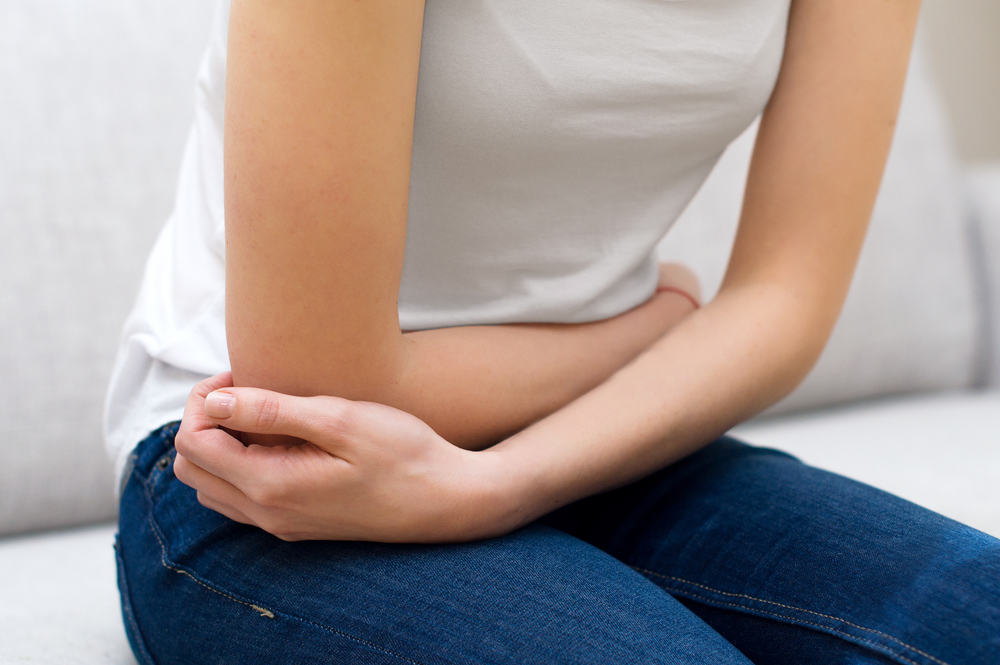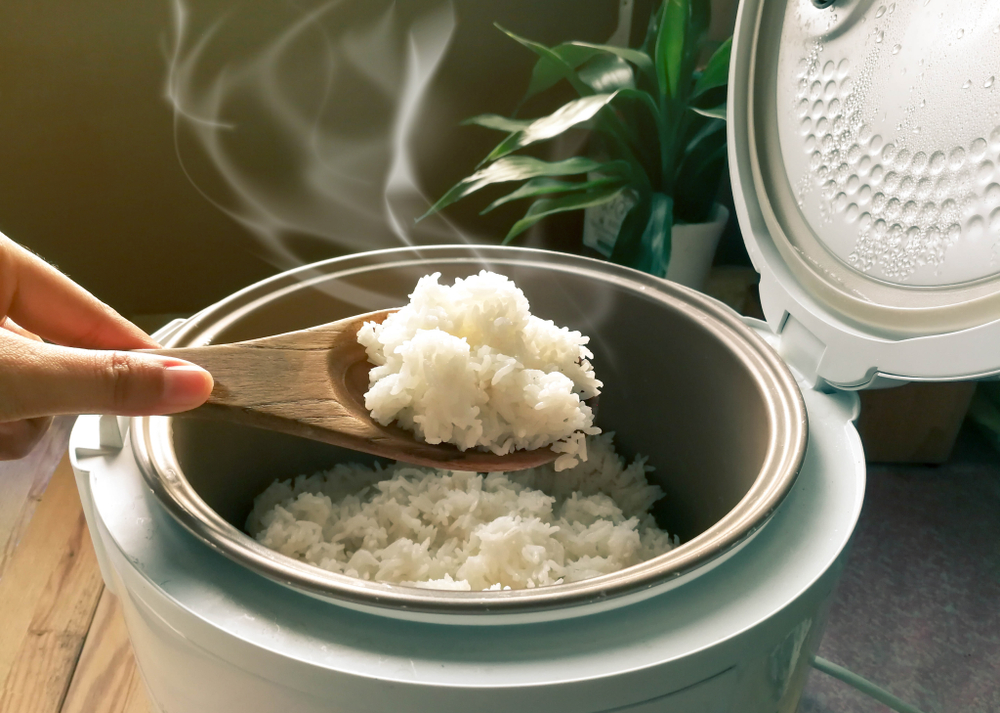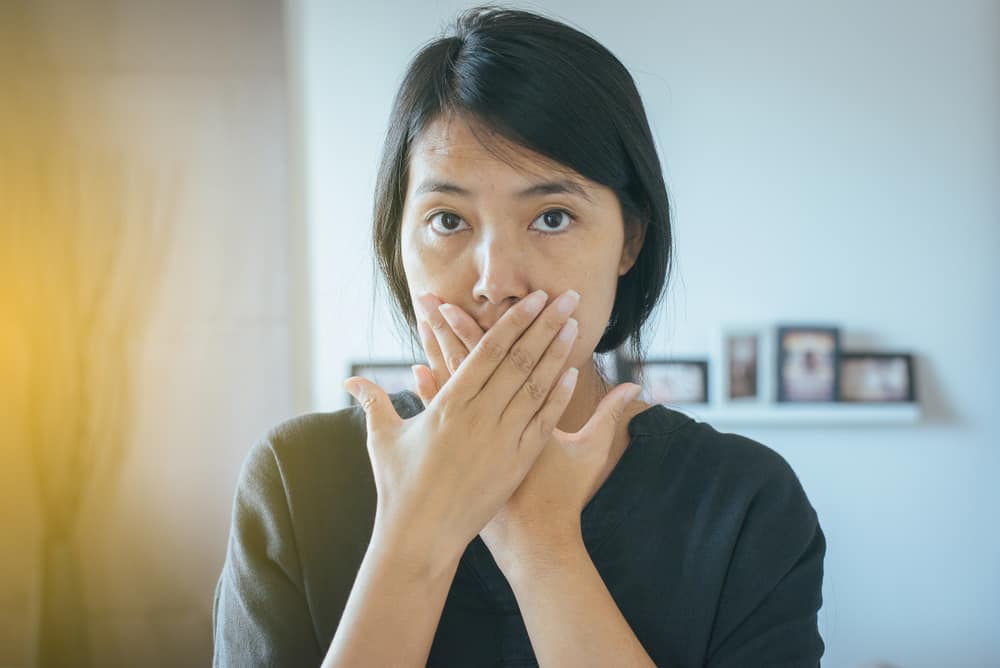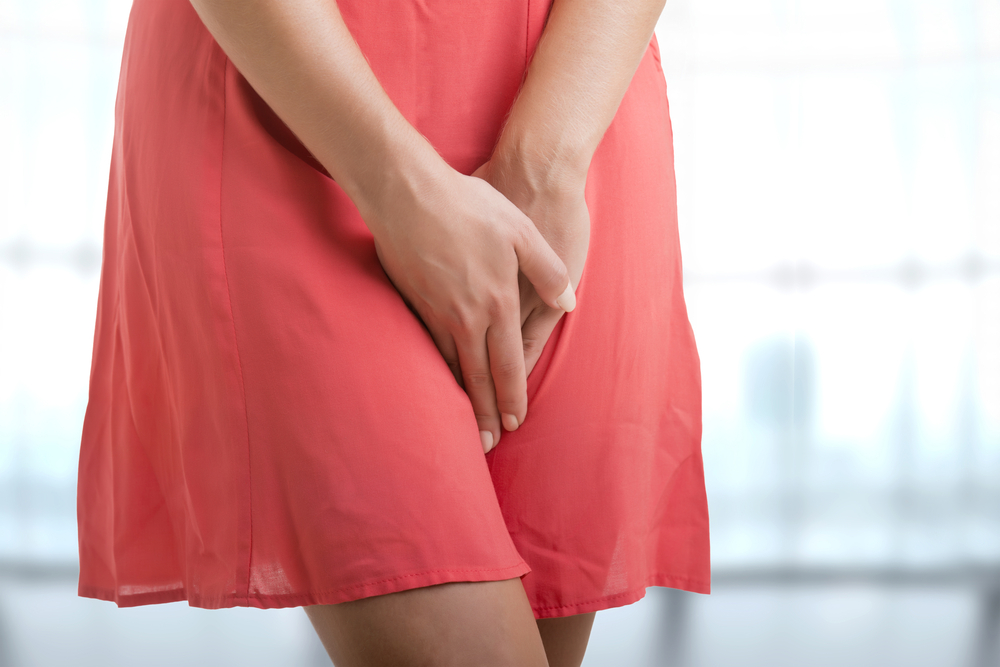Contents:
- Medical Video: 12 Things Your Stool Says About Your Health
- The cause of the stool color turns orange
- 1. Your diet
- 2. Indigestion
- 3. Medicine
Medical Video: 12 Things Your Stool Says About Your Health
How often do you notice the color of your own stool? Don't get me wrong, faecal color can determine or be a sign of an illness, you know. Although it's not always a sign of a particular health problem, stool discoloration occurs due to various things. So, what, yes, if the stool suddenly turns orange? Is this normal?
The cause of the stool color turns orange
The color of feces is largely influenced by the food you consume. Although indeed, bile and bacteria in your stomach will give color to the stool.
If suddenly the stool color turns orange, don't panic first. It is not always dangerous or indicates a certain medical condition, stool discoloration can be a normal condition.
The following are some of the possible causes of stools turning orange.
1. Your diet
Your daily diet or diet pattern is a common cause of orange stool color. Every food or drink with a distinctive color can change the color of your stool. For example, if you eat lots of blueberries or drink soda containing blue coloring can make your stool color blue.
When your stool color becomes orange, it could be because your food contains excessive beta carotene. Beta carotene is an orange pigment found in fruits and vegetables.
Foods rich in beta carotene include carrots, yams, pumpkins, mangoes, apricots, and some green vegetables. However, usually beta carotene in vegetables and fruit will not make the color of your stool turn orange.
Meanwhile, artificial food coloring is also very likely to make the color of the stool turn orange. Usually, artificial dyes that cause this condition are red, orange, or yellow dyes. Artificial coloring substances like this are quite a lot contained in soft drinks or packaged foods.
2. Indigestion
Generally, the stool is brown. This color is obtained from the bile produced by the body when digesting food and bacteria in the intestine.
Well, if the stool is not able to absorb this bile, the stool will change color to gray or light brown. Usually, this happens when you experience diarrhea or impaired liver function.
In addition, another condition that causes discoloration of stool is gastric acid reflux or GERD. GERD occurs when stomach acid moves back into the esophagus, causing inflammation and damage.
GERD is also associated with several other symptoms, including:
- burning sensation in the chest
- heartburn
- belch
- nausea and vomiting
- chronic cough and wheezing
- sore throat, hoarseness, or changes in sound
- difficult to swallow
- chest pain
- sour taste in the mouth
3. Medicine
Certain drugs, such as rifampicin antibiotics, can cause stools that are orange or other colors that are not normal. Medicines containing aluminum hydroxide, such as antacids, can also make stool changes orange or gray in some people.
In addition, beta carotene can also be found in some supplements and drugs, which can make stool orange.
Also, undergo imaging tests such as MRI (magnetic resonance imaging), CT (computed tomography) scans, or PET (positron emission tomography) can temporarily change the color of stool.

